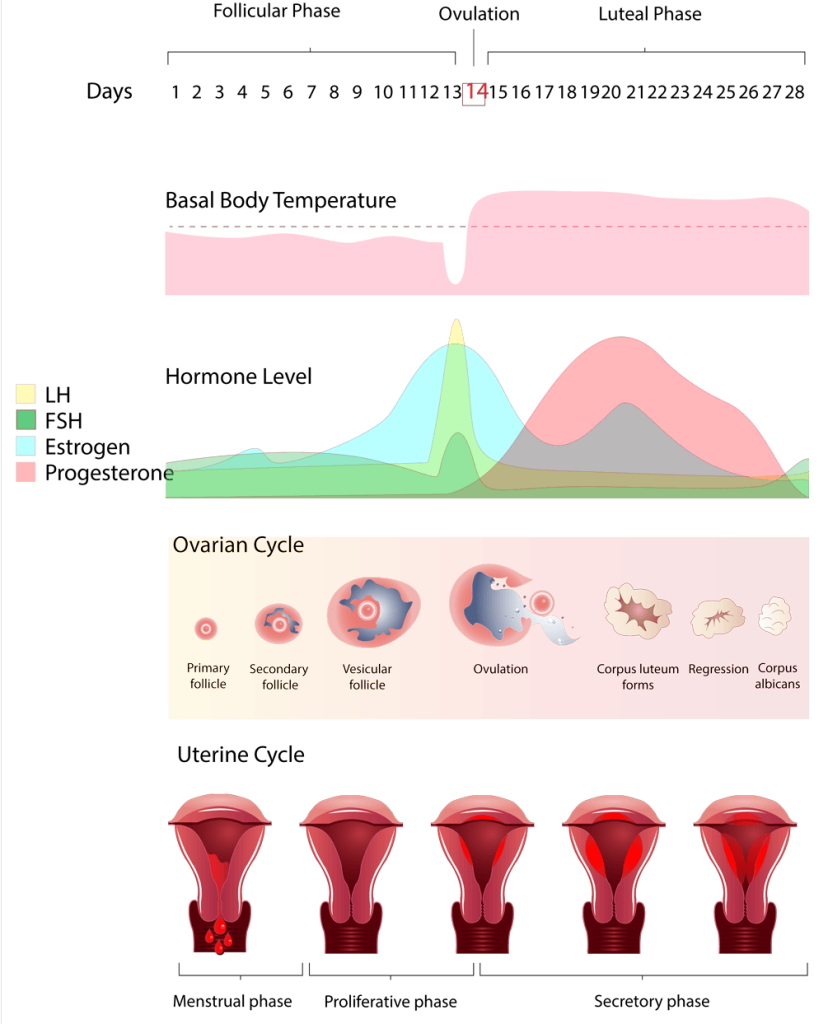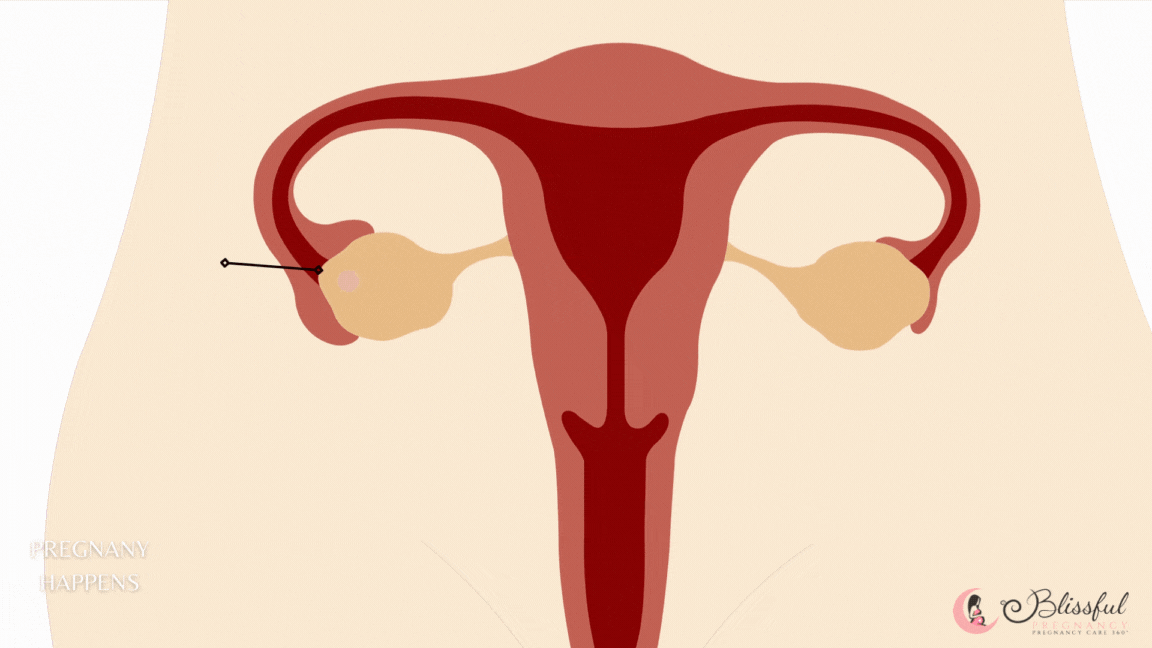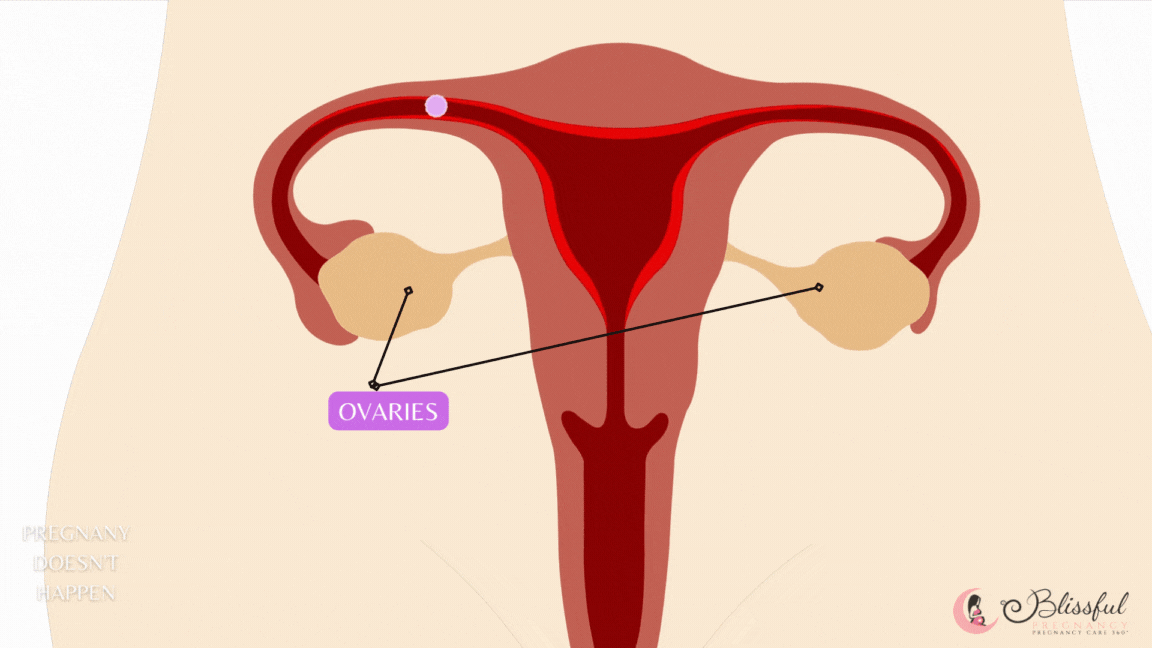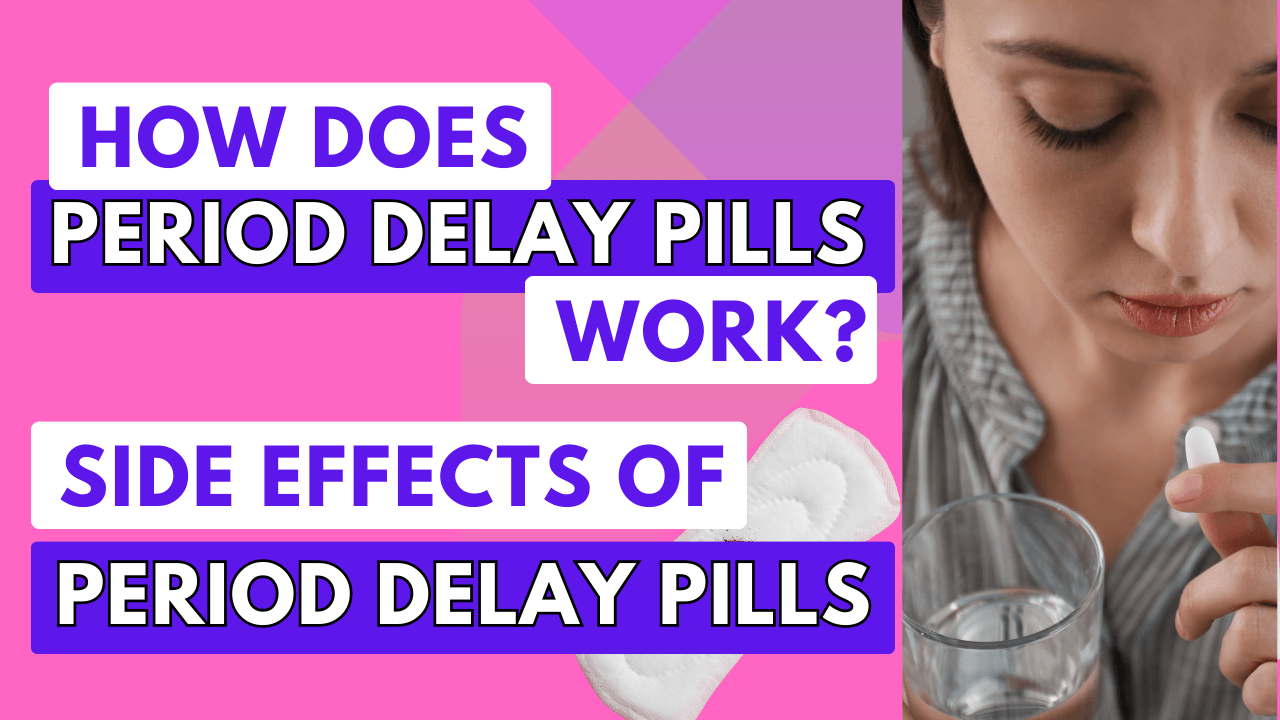Period postponement pills, also known as period delay tablets, have become increasingly common among women who wish to temporarily postpone their menstrual cycles for various reasons. Dr.Ramya Sadaram, an Obstetrician, Gynaecologist, and Fertility Specialist, has shared comprehensive insights on this subject, which we will explore in this article.
Understanding the Menstrual Cycle
Before diving into the concept of how period postponement pills work, it’s essential to understand the menstrual cycle’s underlying biology. Let’s talk about what happens in a woman’s body during the menstrual cycle:

Ovaries: The ovaries are small, oval-shaped glands situated on both sides of your uterus. They are responsible for the production and storage of eggs and the creation of hormones that regulate both the menstrual cycle and pregnancy. The ovaries release progesterone and estrogen hormones.
Phases of the Menstrual Cycle:
The menstrual cycle can be divided into several phases:
- Menstrual Phase (Days 1-5): This is when the endometrial lining is shed, resulting in menstruation. It usually lasts between 3 to 7 days.
- Follicular Phase (Days 1-13): During this phase, the brain’s pituitary gland releases Follicle Stimulating Hormone (FSH), prompting the ovaries to produce around 5 to 20 tiny sacs called follicles. Each follicle contains an immature egg (oocyte).
- Ovulation Phase (Day 14): Triggered by a surge in Luteinizing Hormone (LH), the most mature follicle releases an egg into the fallopian tube. This is the time when women are most fertile.
- Luteal Phase (Days 15-28): After releasing the egg, the empty follicle transforms into a structure called the corpus luteum, which secretes progesterone. If the egg is not fertilized, the corpus luteum breaks down, leading to a decrease in progesterone and the start of the menstrual phase again.

Hormones: Several hormones play crucial roles in regulating the menstrual cycle.
- Estrogen: Responsible for building up the endometrial lining and regulating other hormones.
- Progesterone: Works in concert with estrogen to prepare the endometrium(lining of the uterus) for a potential pregnancy.
- FSH and LH: Control the maturation of follicles and trigger ovulation.
Note: Not all menstrual cycles are the same. Cycle length, flow, and symptoms can vary widely between individuals and may be influenced by factors such as age, weight, medical conditions, stress, and lifestyle.
If Fertilization occurs: When an ovum(egg) is fertilized progesterone levels rise to thicken the endometrium to support the pregnancy.

If Fertilization doesn’t occurs: When the ovum(egg) isn’t fertilized, hormone levels drop, causing the endometrium lining to be shed as a period.

How Do Period Postponement Pills Work?
Period postponement pills contain progesterone, which, when released into the body, maintains the levels of estrogen and progesterone. This intervention ensures that the endometrium lining is not shed, resulting in the delay of the period until desired.

Are They Safe to Use?
It’s crucial to understand that while these pills can be helpful, they should be used with caution:

- Consultation is Key: Do not take these tablets without consulting a gynaecologist, as prescriptions should be tailored to your individual health condition and body type.
- Avoid Long-term Use: Using these tablets for an extended time or in high dosages is not advisable.
Side Effects

While period postponement pills don’t generally have significant side effects, there are some potential issues to be aware of:
- Cycle Pattern Change: The pattern of menstrual cycles may change according to the delay.
- Heavy Bleeding and Stomach Pain: The next cycle after taking the tablet may lead to heavier bleeding and stomach pain.
Conclusion
Period postponement pills can be a convenient solution for those who wish to delay their menstrual cycle, but proper care and consultation with a gynaecologist are essential. Misuse or overuse of these tablets can lead to unwanted side effects.
Remember, everyone’s body is unique, and what might work for one person might not be suitable for another. Individual body types and health conditions play a critical role in determining the suitability of these pills. Therefore, seeking professional medical advice is the best way to approach the use of period postponement pills.
Please subscribe to Dr. Ramya Sadaram’s YouTube channel, for more health-related information. Thank you for reading, and remember to prioritize your health by seeking professional guidance. For more personalized information and guidance, please consult with a gynaecologist or healthcare provider familiar with your unique health situation.
